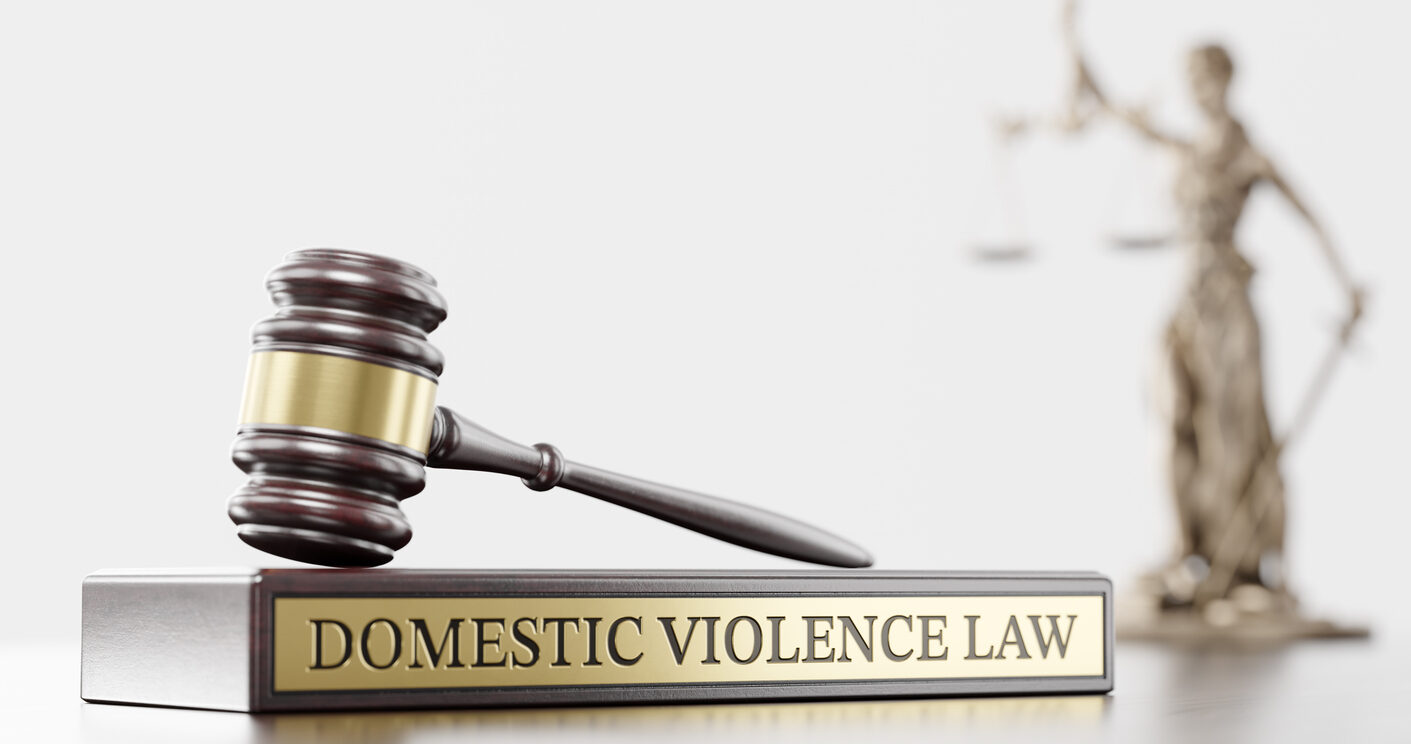Domestic violence allegations in New York trigger an immediate and profound legal process, often before a defendant has the chance to explain their side of the story. In many cases, the first indication that someone is under investigation occurs when police issue an arrest warrant or a judge signs a protective order restricting contact with a partner, spouse, or family member.
These orders can affect where you live, who you communicate with, and even how you interact with your children. Understanding how protective orders work and what defendants should expect is essential to protecting their rights and building a strong defense.

How Domestic Violence Allegations Lead to Immediate Court Action
New York takes domestic violence calls very seriously. Once police are involved, the decision to arrest is mainly outside the alleged victim’s control. Officers are authorized to make an arrest whenever they have probable cause to believe an offense occurred, even if the complainant does not want charges pursued.
After the arrest, prosecutors typically request a protective order at the defendant’s first court appearance. These orders, also known as orders of protection, are issued quickly and often without the defendant having an opportunity to contest the allegations. As a result, defendants can find themselves removed from their homes or cut off from family members solely based on initial accusations.
The Different Types of Protective Orders in New York
New York courts issue two primary types of protective orders in domestic violence cases.
They include:
- Complete Stay-Away Orders: These prohibit all contact with the protected party. The defendant may not communicate in person, by phone, online, or through third parties. They may also be barred from returning to the shared residence.
- Limited Orders: These allow contact but restrict certain behaviors, such as harassment, intimidation, threats, or disorderly conduct.
In both cases, a single misunderstanding, text message, or unintentional encounter can result in a separate criminal contempt charge. Violating a protective order often has more severe consequences than the underlying allegation, which is why defendants must understand every term the court imposes.
Understanding How Protective Orders Affect Daily Life
Many defendants underestimate the disruptive impact of a protective order. You may be required to leave your home immediately, even if your name is on the lease or mortgage. If children are involved, the order may restrict communication or prevent contact entirely until the court addresses custody and visitation.
These conditions can remain in effect throughout the case, which may take months to resolve. Even if the alleged victim wants contact or believes the order is unnecessary, only the court can modify or lift it. A defendant who relies on a complainant’s permission risks violating the order and facing new charges.
Why Domestic Violence Cases Are Difficult for Defendants
Domestic violence charges frequently rely on statements made during emotionally charged situations. Physical injuries are not always present, and the truth of what happened may depend on differing recollections. Alcohol use, miscommunication, and arguments can escalate into allegations that do not fully reflect the reality of the situation.
Prosecutors often proceed with cases even if the complainant later recants or expresses reluctance to continue. New York’s evidence rules allow prosecutors to use 911 recordings, body camera footage, medical records, and officer testimony, even if the complainant refuses to cooperate. This makes early legal representation especially important.
How an Attorney Can Challenge a Protective Order or the Allegations
A defense attorney can request a hearing to challenge or modify a protective order, present evidence that the defendant poses no ongoing risk, or negotiate a limited order that allows necessary contact.
In the criminal case itself, common defense strategies include:
- Examining inconsistencies in statements.
- Identifying errors in the police investigation.
- Challenging the credibility or reliability of the allegations.
- Presenting evidence of self-defense or mutual confrontation.
- Using body camera footage or witness statements to clarify the events.
Each case is fact-specific, and our experienced attorneys know how to evaluate the evidence realistically and professionally.
Why Immediate Legal Representation Matters
Domestic violence allegations can impact employment, housing, parental rights, and immigration status. A protective order can remain in place long after the case ends if not appropriately addressed. Because of these long-term consequences, defendants must avoid making statements to police, contacting the complainant, or attempting to resolve the situation on their own.
At O’Brien & Eggleston PLLC, our Albany criminal defense attorneys understand how emotionally complicated these cases can be. We provide strategic, grounded representation focused on protecting your rights, your record, and your future. A clear defense plan from the start can make a meaningful difference in the outcome. Contact us today to learn more about your legal rights and options.





